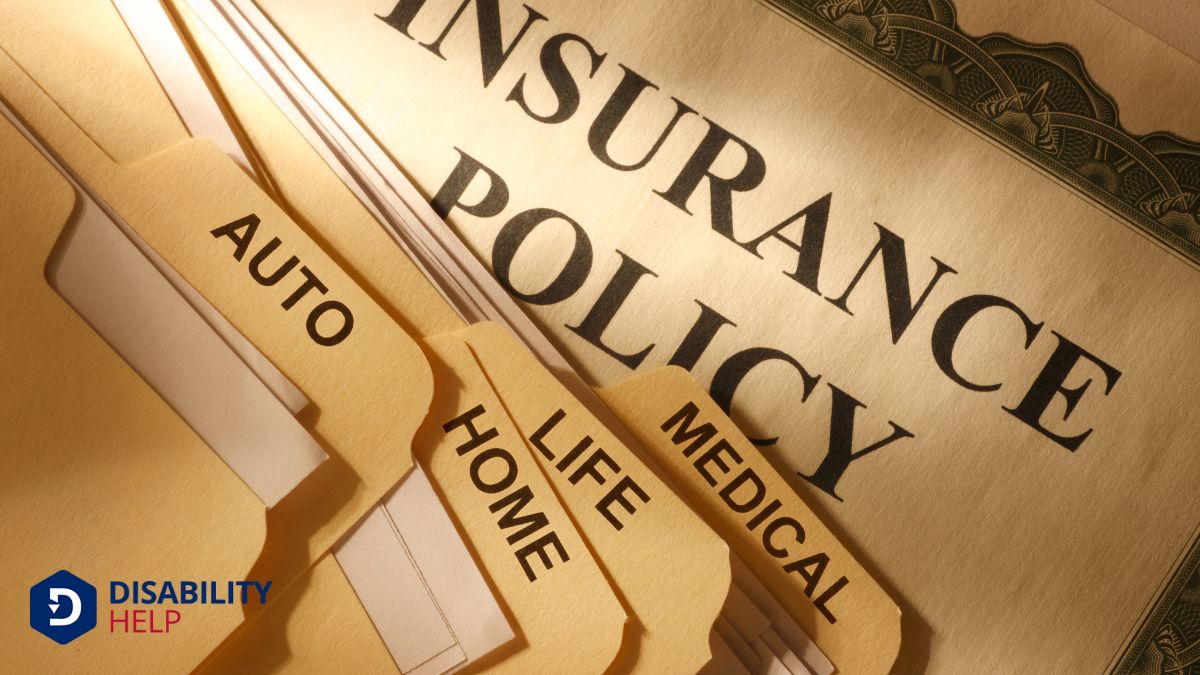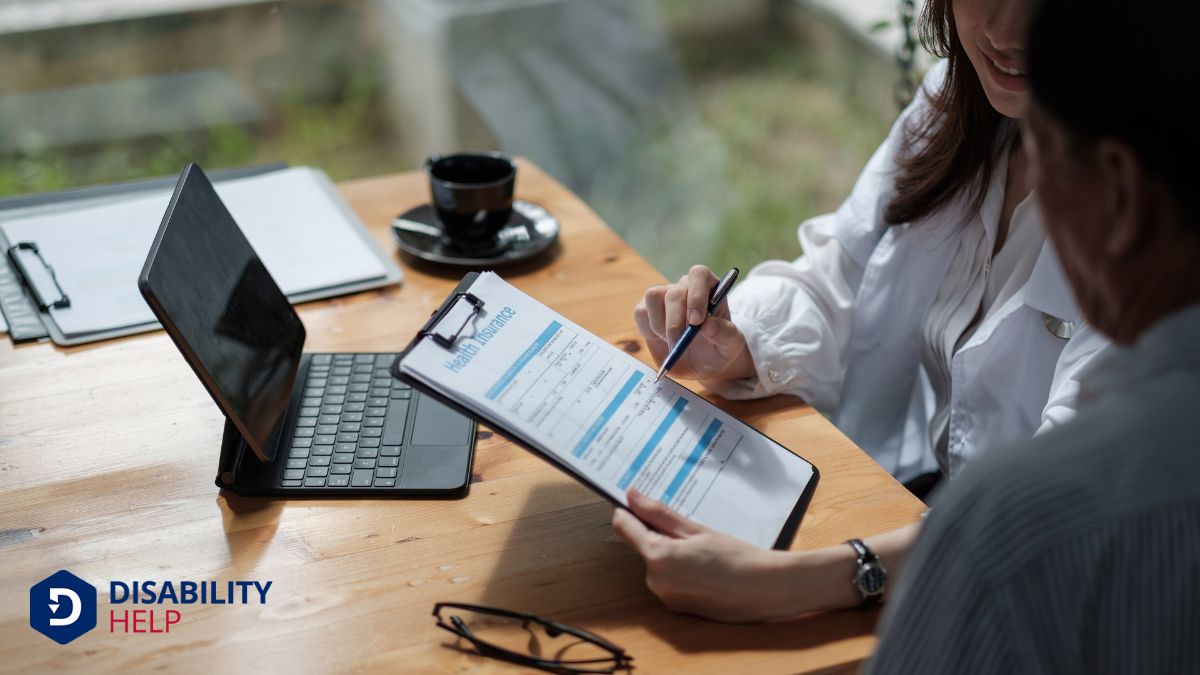When we find ourselves in the aftermath of an accident, deciding whether to speak with the other party's insurance company can be tricky. While it's tempting to clear things up, there are potential pitfalls we should be wary of. Insurers often work to protect their own interests, which might not align with ours. So, how do we navigate these conversations wisely and guarantee we're safeguarding our rights? Let's explore this nuanced dilemma further.
Key Takeaways
- Avoid speaking to the other party's insurance without consulting your own insurer or legal advisor.
- Conversations with the opposing insurer may be used against your claim.
- Limit sharing of personal information and focus on factual accident details.
- Suggest communicating through your own insurance to protect your interests.
- Document all interactions meticulously for future reference and clarity.
Understanding the Role of the Other Party's Insurance Company

When dealing with an accident, understanding the role of the other party's insurance company is essential. They’re responsible for evaluating the situation and determining their policyholder's liability. Their goal is to protect their interests, which can sometimes mean minimizing the payout.
We must remember that they’ll collect information to analyze the claim. It’s their job to investigate the accident, review costs like vehicle repairs or medical bills, and negotiate settlements. They’re not on our side, so it's vital to approach interactions with caution.
We should be prepared for questions about the incident, but it’s important to know what information we’re comfortable sharing. By understanding their role, we can better navigate the complexities of the claims process.
Potential Risks of Speaking to the Opposing Insurer
When we speak with the opposing insurer, there's a risk they might misinterpret our words, which could affect our claim.
They may also pressure us to settle quickly, often before we've fully assessed our situation.
It's essential to be aware of these potential pitfalls to protect our interests effectively.
Misinterpretation of Your Words
Although it might seem straightforward to speak with the opposing insurance company, we should be cautious of how our words can be misinterpreted.
When we're involved in a claim, even innocent remarks can be twisted to imply something we didn't mean. For example, saying "I'm fine" might be taken as an admission that we're uninjured, even if we're still evaluating our condition.
The insurer's goal is to minimize their payout, so their representatives might seize on any comment that reduces their liability. It's essential to remember that they're skilled at extracting information to support their interests.
Pressure to Settle Quickly
Faced with the aftermath of an accident, we might feel pressured by the opposing insurer to settle quickly but rushing can lead to regrettable decisions.
Quick settlements often don’t reflect the true extent of damages or future costs associated with injuries. We must remember the insurer’s primary goal is to minimize payout, not safeguard our best interests.
By settling hastily, we risk accepting a low offer that doesn’t cover our needs. Instead, let’s take our time to evaluate all damages thoroughly, consult with professionals, and understand the full scope of our claims.
Situations Where You Might Need to Communicate
Whether we're dealing with a minor fender bender or a significant accident, there are situations where communicating with our insurance company becomes necessary.
We might need to relay information about damages or injuries, ensuring they've a clear picture of the incident. It’s essential when the accident involves injuries or substantial property damage, as it helps initiate the claim process promptly. Our policy might also require us to report any accident, regardless of fault, within a specific timeframe.
Sometimes, the other party’s insurer may reach out for a statement. While it’s tempting to cooperate fully, we should tread carefully.
We can inform them that we'll communicate through our insurance. This way, we avoid inadvertently affecting our claim. Let's prioritize clarity and accuracy.
Gathering and Sharing Information Safely
When we talk to an insurance company, it’s essential that we protect our personal information and share only what’s necessary.
Let’s make certain we provide accurate accident details and verify any documents they request.
Protecting Personal Information
As we navigate the complex world of insurance claims, it's essential to guarantee our personal information remains secure.
We must approach interactions with the other party’s insurance company thoughtfully to safeguard our privacy. Here are steps to reflect upon:
- Limit Sharing: Only share necessary details, such as name and contact information. Avoid disclosing sensitive data like Social Security numbers.
- Verify Authenticity: Confirm the identity of the person we're speaking with. This guarantees we're dealing with legitimate representatives.
- Use Secure Channels: Communicate through verified phone numbers or email addresses. Double-check these against official sources.
- Document Everything: Keep a record of all interactions, including dates and names, to have a clear history for future reference.
Together, these strategies help us protect our information and maintain control over the process.
Accurate Accident Details
Accurate accident details are essential in ensuring a smooth insurance claims process, and it’s important we gather and share this information carefully.
When discussing the accident, let’s focus on the facts. We should write down everything we remember immediately after the incident while our memory is fresh. Include specifics like the time, location, and involved parties, as well as weather and road conditions.
Taking photos of the scene can provide valuable visual evidence. We also need to note any witness contact details since their perspective can be vital.
When sharing this information, we should be clear and concise, avoiding speculation or assumptions. By doing this, we’ll provide accurate details that help resolve claims efficiently, ensuring a fair outcome.
Documentation Verification Process
To guarantee our claims process runs smoothly, we must verify all documentation accurately while sharing and gathering information safely.
It's vital we handle this with care. Here’s how we can navigate the documentation verification process:
- Collect Thoroughly: Gather all relevant documents such as police reports, medical records, and repair estimates. This guarantees we've got a complete picture.
- Verify Authenticity: Check the accuracy and legitimacy of each document. It's important to confirm they're genuine and applicable to our case.
- Secure Sharing: When sharing information, use secure channels to prevent unauthorized access. Protecting our data is paramount.
- Keep Records: Maintain a detailed record of all communications and documents exchanged. This helps us track progress and resolve potential disputes.
How to Protect Yourself During Conversations
Engaging in a conversation with an insurance company can feel intimidating, yet it's important to safeguard our interests.
First, let's make sure we're prepared by having all relevant documents on hand. Before talking, jot down key points we want to address.
We should remain calm and composed during the conversation, steering clear of admitting fault or liability. Instead, we can stick to the facts and avoid speculating.
If the conversation veers into uncomfortable territory, it's okay to pause and take a breath. We might even say, "I need to review my information before continuing."
It's vital to keep notes of the discussion, including the date, time, and the representative's name. By focusing on clarity and remaining assertive, we can protect our rights effectively.
When to Involve Your Own Insurance Company
While maneuvering through the aftermath of an incident, we might wonder when it's appropriate to involve our own insurance company. Understanding when to reach out guarantees we're protected and informed.
Here are some situations to take into account:
- Significant Damage: If the accident results in considerable damage to our vehicle or property, contacting our insurer is essential.
- Injuries: Even minor injuries might necessitate medical claims. Informing our insurance company guarantees medical expenses are covered.
- Disputes: When a fault is contested, our insurance company can help in gathering evidence and negotiating settlements.
- Policy Requirements: Some policies mandate immediate reporting, regardless of fault, to maintain coverage.
The Benefits of Consulting With a Legal Professional

Handling post-incident procedures often involves more than just notifying the insurance company.
We might find ourselves unsure about legal terms or the nuances of insurance claims. Consulting with a legal professional can provide clarity and guide us through these complexities.
They understand the intricacies of the legal system and can help us avoid common pitfalls.
Conclusion
In dealing with the other party’s insurance company, we must tread carefully. It’s tempting to handle things directly, but remember, they’re looking out for their own interests. Let’s prioritize our protection by communicating through our insurance provider and documenting everything. If we’re unsure, consulting a legal professional can offer clarity and peace of mind. By taking these steps, we can secure our rights are safeguarded while maneuvering this often complex process.






